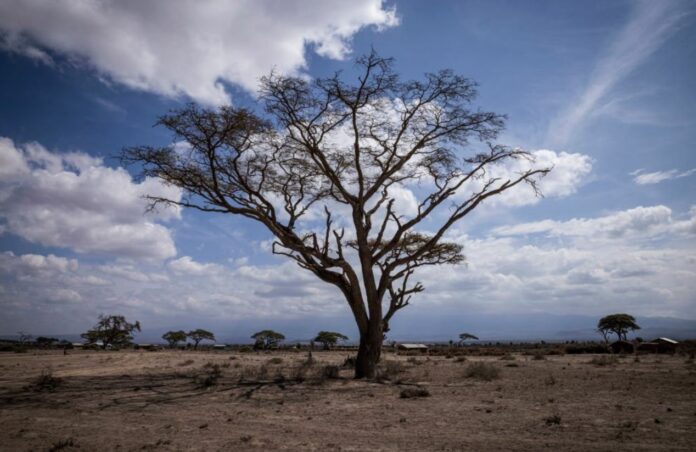The famous rangelands of East Africa, which are threatened by climate change and human activity, may be able to rebound from repeated environmental shocks and degradation, according to recent research.
One-third of the world’s population lives in rangelands, which make up 47% of the planet’s land area and are inhabited by numerous pastoralists who rely on the savannahs for their daily needs of food, water, and shelter.
Rangelands are very sensitive to changes in rainfall and anthropogenic stresses since they grow in semi-arid regions and are largely utilized for grazing.
Scientists merged field data on vegetation with high-resolution satellite pictures obtained over the previous two decades as part of the research, which was published in Scientific Reports, to determine the causes of deterioration within the Northern Tanzanian rangelands.
The study found evidence that degraded sites are more sensitive to environmental shocks like drought, but they still have the ability to recover. This means that the sites that are the most damaged today were hit harder by shocks and didn’t have enough time to fully recover before the next shock.
The ability for the savannah to recover quickly from year to year has long been at the core of traditional management of these rangelands: heavy use over a few years could lead to severe local degradation, but nomadic people moved away for a few years allowing natural recovery.
Currently, such migrations are increasingly hampered by rangeland fragmentation, mostly due to growing agriculture, forcing pastoralists to stay in what would otherwise be merely temporarily damaged locations, resulting in falling grassland productivity and further degradation.
Yet according to the study’s authors, there is still hope for rehabilitation.
“The results show,” according to senior author Dr. Colin Beale, “that the ability of these sites to recover if effectively managed is undiminished, with responsible community management being the key if degradation is to be reduced.
“That is a really positive message – the results show that recovery is still there. That actually we can restore and recover these areas if we can give them a break and work out why they are doing worse during those extreme events.”
The findings “point to climate change and societal changes as the main drivers of degradation, with rainfall more unpredictable, droughts longer and the differences between years more extreme,” adds first author Joris Wiethase.
“If we are to effectively combat degradation within rangelands, it is important that we understand the drivers of mechanisms by which degradation occurs.”
“I have first-hand experience of the impacts of climate change and human pressure on our rangelands,” remarks Boniface Osujaki, one of the local Maasai co-authors.
“The opportunity from this work for successful restoration and rangeland regeneration is really encouraging for the future of the pastoralist Maasai culture.”
The research analyzed 20 years of satellite data from Northern Tanzania using on-the-ground fieldwork, machine learning, and complex statistical models. With the help of a team from Tanzania, the results could be checked against what people in the area already know.
Image Credit: Getty
